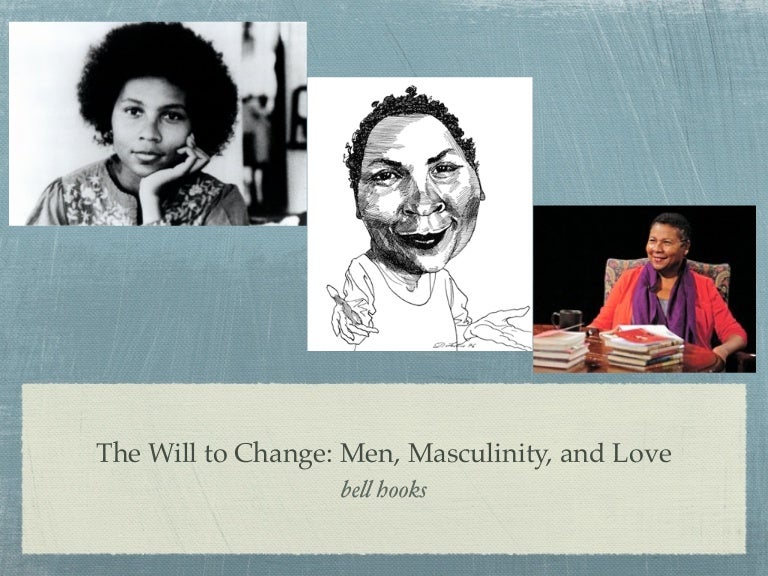
In the late seventies, she began publishing poetry under the pen name bell hooks-a tribute to her great-grandmother, Bell Blair Hooks. During the seventies, she pursued graduate work at the University of Wisconsin-Madison and the University of California, Santa Cruz.


In 1973, Watkins graduated from Stanford as a nineteen-year-old undergraduate, she had already completed a draft of a visionary history of Black feminism and womanhood. A new world is born out of such small gestures of resistance-of affirming your rightful space. Growing up, her father was a janitor and her mother worked as a maid for white families their work, rife with minor indignities, brought into focus the everyday power of an impolite glare, or rolling your eyes. She loved movies, yet the ways in which the theatre made us occasionally captive to small-mindedness and stereotype compelled her to wonder if there were ways to look (and talk) back at the screen’s moving images.

She was born in 1952 and attended segregated schools up until college it was in the classroom that she, eager to learn, began glimpsing the liberatory possibilities of education. hooks, who died on Wednesday, was raised in Hopkinsville, a small, segregated town in Kentucky.

Before she became bell hooks, one of the great cultural critics and writers of the twentieth century, and before she inspired generations of readers-especially Black women-to understand their own axis-tilting power, she was Gloria Jean Watkins, daughter of Rosa Bell and Veodis Watkins.


 0 kommentar(er)
0 kommentar(er)
